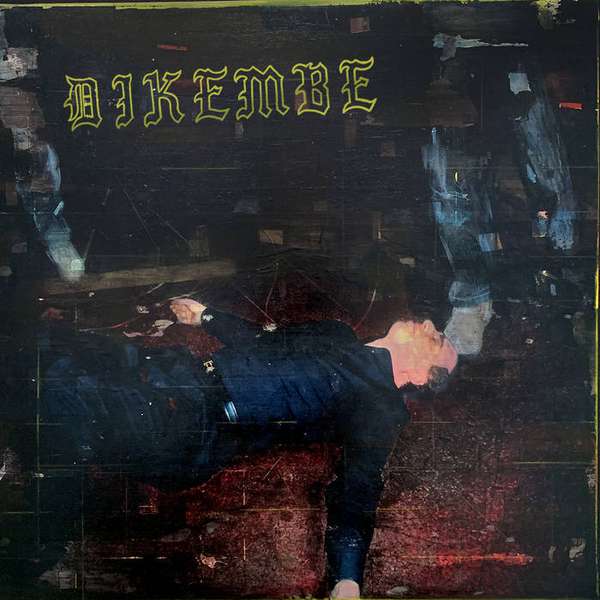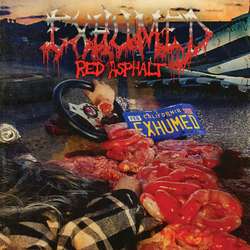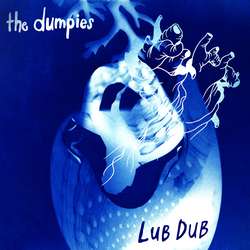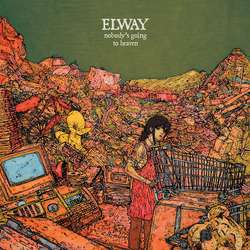Gainesville, FL’s Dikembe have been playing around the scene for quite a few years but I’ve never actually checked out their recorded material. I saw them back at Pre-Fest 6 and enjoyed it live but their brand of emo isn’t really my bag. It’s the kind of music that I find really impressive live but rarely moves me when listening at home. In other words, I respected the band but they just weren’t my thing.
Well, they put out a new record last year and I figured it was time to take the plunge. The overall sound could be described as emo/alternative, but I don’t really care for that label. It has the personal emotive touch of emo and the tempo to boot, but the movements grow and shift constantly. This is music built on dynamic shifts that crash with a wave of guitar and a wall of sound. It’s soft and introspective, but then it changes tones in a seesaw of emotion. It’s complex music, built on structure and musical talent rather than on finding that memorable hook. Maybe think of Hum with less noise or Piebald with less punk, or maybe even …Trail Of Dead if you stripped the melodrama.
A few of the 11 songs here are bangers but, for the most part, this is thoughtful, slower-paced music that uses the heavy moments for texture. I personally enjoy those heavier moments, but I think the back-and-forth of “Old Husks” is one of the better examples to turn listeners onto what Dikembe does. It shifts back and forth between crunchy riffs and winding guitars with soft, articulate lyrics delivered with a personal air through lines like “Now I’m screaming out/ Like all the time/ In hopes that these hang-ups will somehow unwind”.
“All Got Sick” and “Throat” showcase the heart of the record, written in response to guitarist/vocalist Steven Gray losing his mother. There’s a lot of soft/heavy/soft, but without the quirkiness of ‘90s alt rock or abruptness of ‘00s screamo. It’s perfectionist and meticulous, more influenced by post-punk’s balance between experiment and melody. While I’d never call it pop, it has those moments (“Stay Beat”) where it almost feels singalong before it changes direction.
There’s a lot going on with Muck. It’s art, but it’s also damn relatable. It’s difficult to walk that line between working class accessibility while adding layers of depth, but Dikembe pull it off. A big reason is due to song length, which still sticks to the comfortable 3-to-4 minutes. It has a message, but it doesn’t sink so far into its own depths that it gets lost.
My personal takeaway? Dikembe are good at what they do. It’s still not my go-to style, but I appreciate the heck out of it. I suspect I’ll never have this on heavy rotation, but that I’ll also keep coming back to it over time. Muck is a moody record: sad, but angry and defiant. It’s well-crafted and executed and I’d recommend it for anyone who is interested in the emo sound but wants a little more punch in their playlist or, simultaneously, fans of post-punk looking for something a little more sincere and personal.







